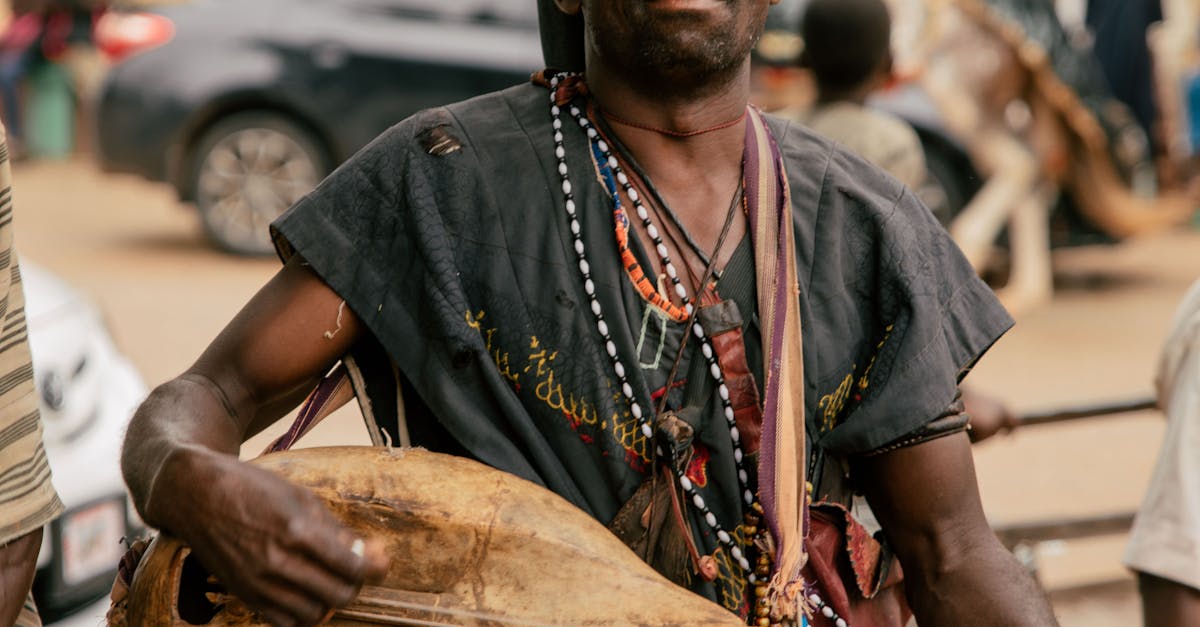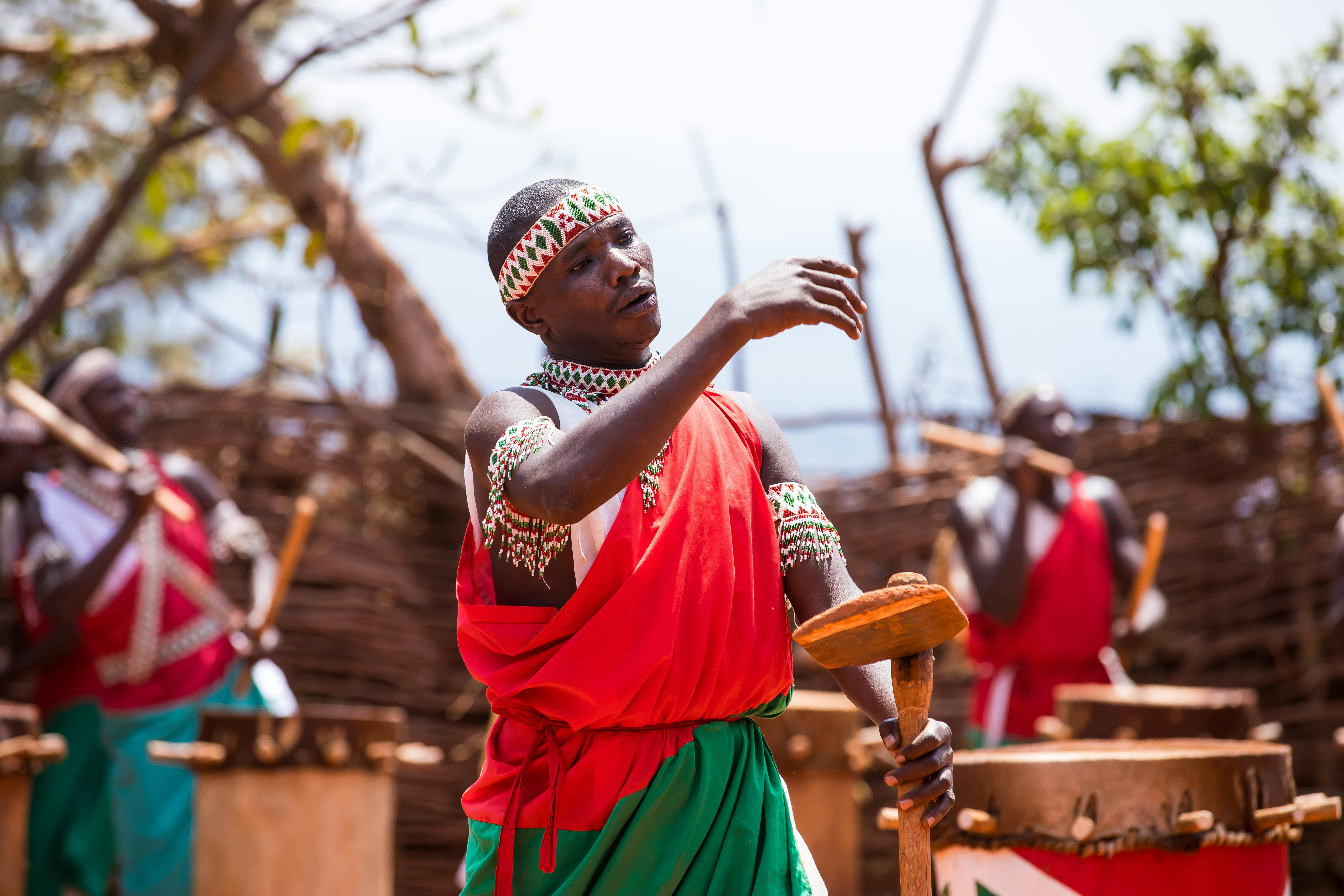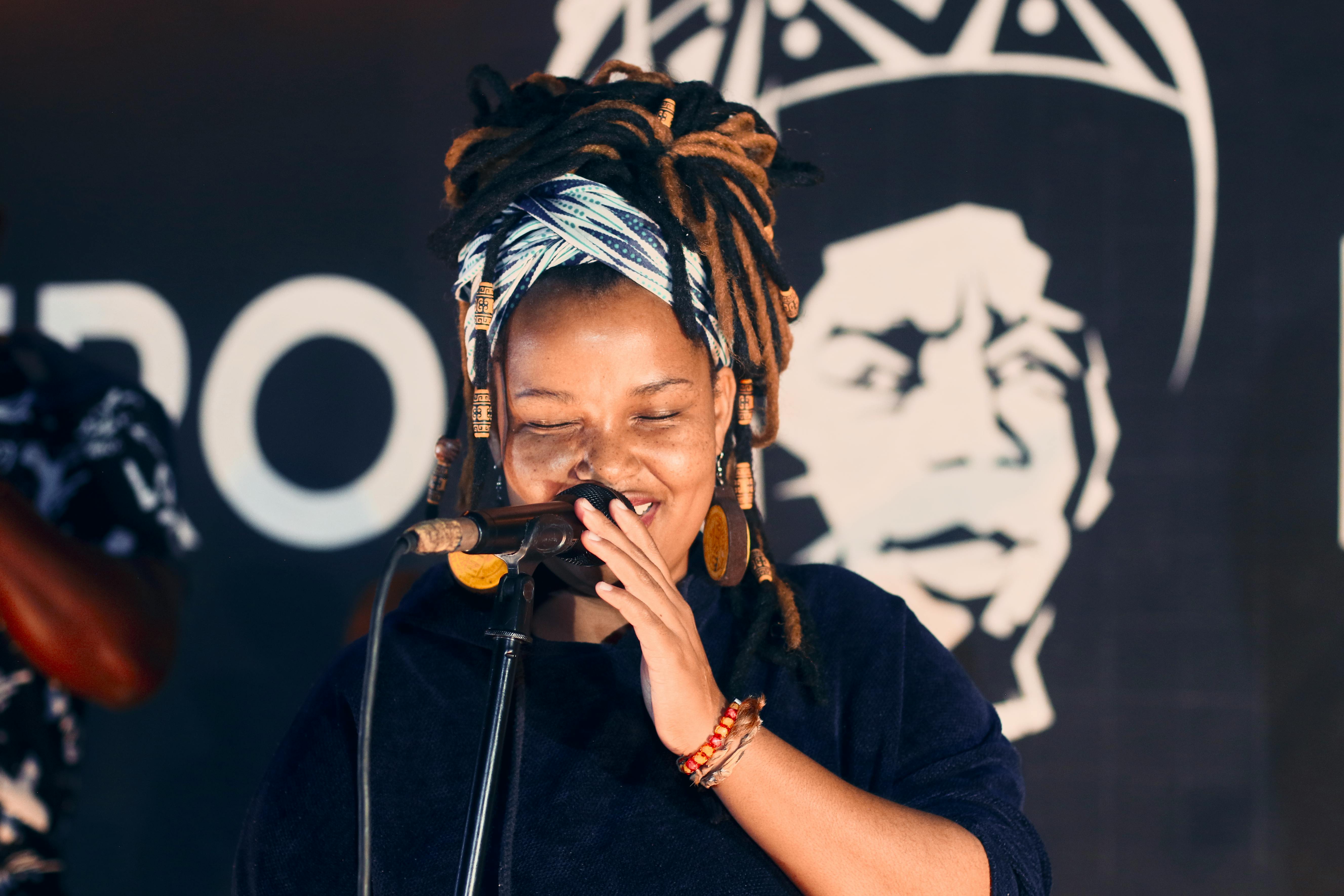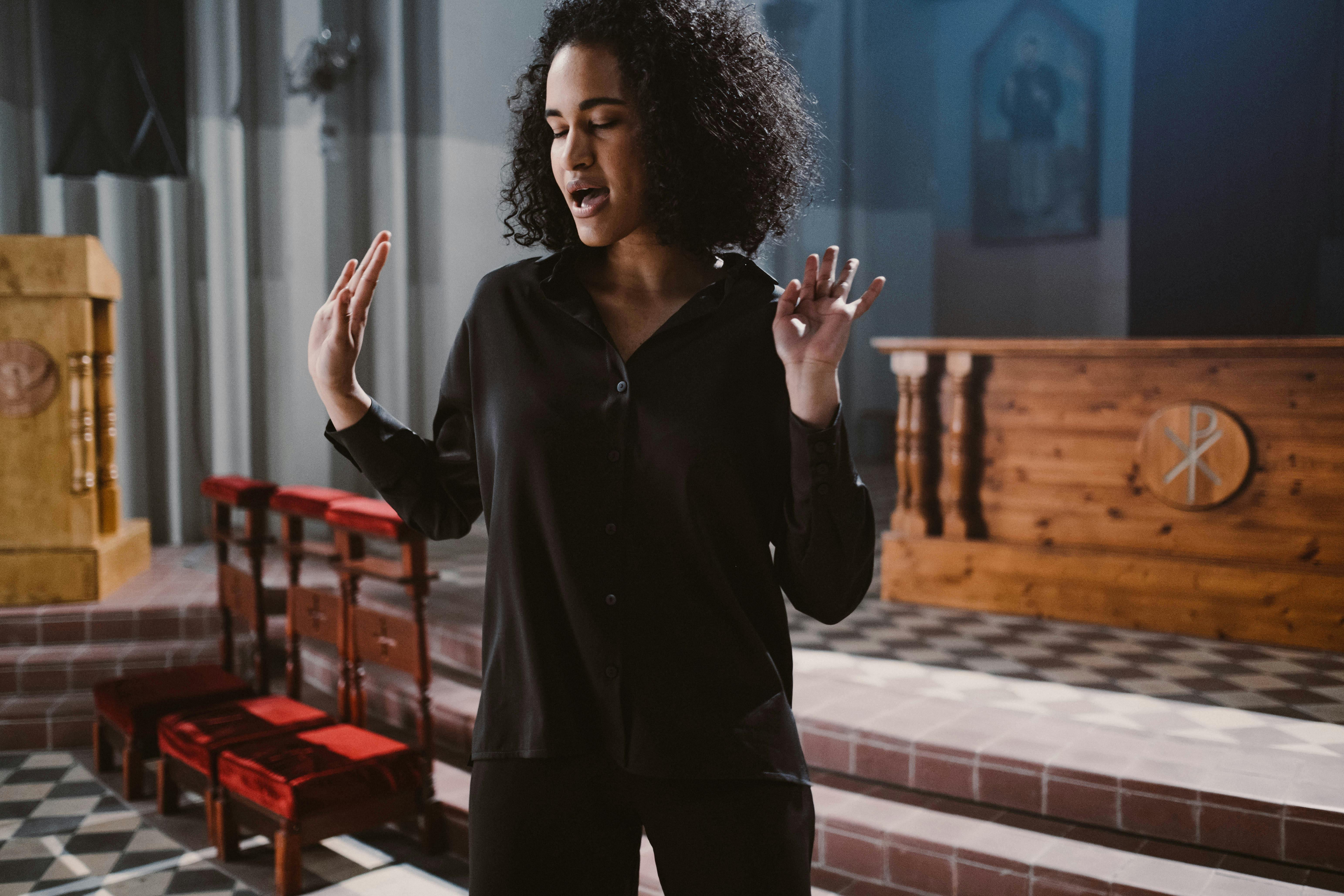Poems from Africa abound. African poetry has been one of the most ancient forms of art that ever existed. It has existed in the music sung by griots, wise sayings, prayers recited, and reflected in lullabies. Truly, African Poetry existed before it was documented in books and learned in schools.
Recently, African poets have written in various languages and styles, speaking to both local and global audiences. Nevertheless, African poetry links deeply to its roots: traditions, cultural practices, and the community. Here is an analysis of the exploration of African poetry. Together, we learn how traditional oral poems from Africa continue to mold the poems we read today.
What is the origin of Poems from Africa?
Poems from Africa were not originally documented pieces. However, they started through spoken word backed by music, dance, and formalities. In West Africa, griots were known as oral poets associated with traditional courts as royal historians. They were the royal historians who composed stories/songs recounting the histories, genealogies, and heroic deeds of kings and royalty. They were also knowledgeable about the history, the mundane, and the most memorable defining moments of their communities. As such, through effective memorability in their narrations, griots composed long tales woven by mnemonic techniques to solidify their memories of events. Their composed stories were enacted into performances with audience participation. Consequently, their performances could last hours, especially in recounting events such as wars and heroic figures.
The Griot as a source of Poems from Africa
Griots, originally from West Africa, are known for their composition of African oral poems. Although most poetry from Africa is communal, one cannot neglect the role of griots in the formulation process. Griots, by their knowledge and skill, are the originators of most African epics, legends, and songs. By serving as advisors and chroniclers, griots documented political events, royal lineages, and social customs. Often, they wove these accounts into poetic narratives, ensuring that the stories were not only preserved but also ready to be passed on across generations.

How African Oral Traditional Poems became Written
Around the world, wise sayings, chants, and songs served as oral forms, and they preserved languages by affirming identities. Also, they lay the groundwork for written verses. Oral poetry, characterized by improvisation and audience interaction, includes forms such as praise poems and elegies, often accompanied by music.
Poems from Africa in the Colonial Period
The colonial period marked a significant transition. African poets adapted their poetry to European languages but maintained their core African themes. Consequently, African poetry became a literary and political tool. First, it exposed the complex conflict between the indigenous African identity and foreign domination. Secondly, it became a literary weapon to attack colonial ideals. Poets such as Léopold Sédar Senghor of Senegal and Birago Diop, for instance, used the French language to reclaim African dignity. By blending traditional oral elements with Negritude ideals, they celebrated Black identity.
In Nigeria, Dennis Osadebay and Gabriel Okara examined the themes of cultural dislocation and the struggle for self-definition through English-language verse. Also, Herbert Dhlomo in South Africa and Benedict Wallet Vilakazi crafted poems about the injustices of apartheid and colonial rule. Also, Gladys Casely-Hayford from Ghana wrote in both English and African Pidgin. Through her works, she expressed racial pride and the resilience of African womanhood.
These poets, shaped by colonial education systems, turned language into a form of resistance and cultural affirmation. Truly, they laid the foundation for the vibrant post-independence poetic traditions that followed.

Poems from Africa in the Post-Colonial Period
In the post-colonial period, African poetry became a powerful space for reflection, resistance, and redefinition, as poets grappled with the promises and failures of independence. Writers like Christopher Okigbo and Wole Soyinka in Nigeria pushed the boundaries of poetic form and myth, questioning nationalism and the spiritual cost of modernity. In South Africa, Mongane Wally Serote and Oswald Mtshali used poetry as a weapon against apartheid, giving voice to Black consciousness and everyday oppression. Across the continent, poets such as Kofi Awoonor (Ghana), Jack Mapanje (Malawi), and Tsegaye Gabre-Medhin (Ethiopia) examined themes of political disillusionment, exile, and cultural recovery, often blending indigenous imagery with modernist techniques. The post-colonial African poem became a mirror held up to fractured societies—rich in memory, scarred by betrayal, and hopeful for renewal.onial period, .
Contemporary African Poetry
Today, African poetry is more fluid than ever. Contemporary African poetry reflects a range of dynamic and myriad literary voices and landscapes. And these are shaped by globalization, digital media, migration, and persistent socio-political challenges. Contemporary poets engage with global audiences and often write in multiple languages while they experiment with form, performance, and spoken word. While Warsan Shire (Somalia/UK) explores themes of identity, displacement, and womanhood, Inua Ellams (Nigeria/UK) draws on diasporic experiences to examine the complexities of home and belonging. Moreover, poets across the continent confront issues such as gender violence, climate change, governance, and youth unemployment with deep insights and artistic innovation. Through festivals, social media, and anthologies, contemporary African poets do not preserve poetry but reshape and reclaim the continent’s poetic voic

Oral Poems in the Digital Age
The digital era has created new spaces for oral poetry to thrive again. Podcasts, TikTok, YouTube, and Instagram Reels have become 21st-century “village squares” for poets to perform their work in African languages with rhythm, sound, and visual flair. Digital poetry projects now archive oral forms, reimagine ancestral voices, and bring poetry back to where it began. The poetic voice is no longer bound by books: it lives once again in performance, voice, and shared experience, just like in ancient times. I guess history does repeat itself.
Conclusion
African poetry has come a long way. From being shared around firesides to appearing on global stages and digital platforms. Even though it now takes on new styles and languages, it still holds on to its roots in oral tradition. This change isn’t a break from the past but a flow of connection, where each generation builds on the words and wisdom of those before them. Whether it’s through a simple proverb or a powerful spoken word piece, African poetry continues to reflect the heart and truth of the continent.

